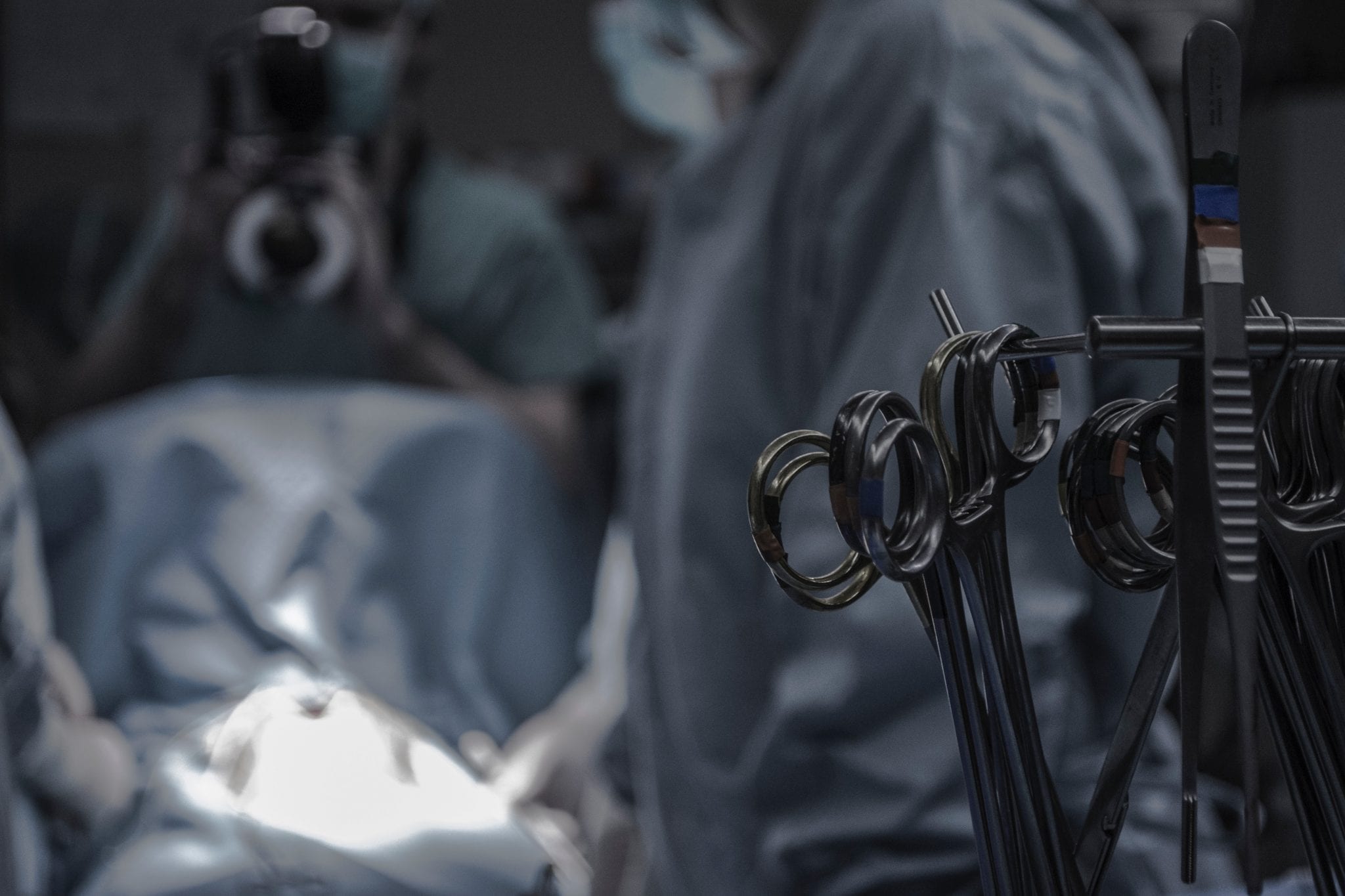Mesh Patient Commits Suicide Over Debilitating Pain, Doctor Investigated
Lucinda Methuen-Campbell was considering treatment for a bowel disorder at the Spire Hospital in Bristol, England, in 2016. One of the hospital’s surgeons, Anthony Dixon, had gained international recognition for helping to correct patients’ bowel problems with vaginal mesh implants. So, Methuen-Campbell went ahead with the surgery and was terrified to learn afterward that Dixon had removed her ovaries without her consent while she began to experience debilitating pain.
When the patient asked the doctor why, “He said he thought he’d done me a favor. And he said, ‘I thought you know, a woman of your age wouldn’t really need her ovaries,’” Methuen-Campbell explained. “I said, ‘Why did you remove them?’ and he just said, ‘They were in the way.’ My life is absolutely ruined.”
The implant left her in severe pain, which, as time passed, only worsened. Methuen-Campbell, 58, was recently found dead, having hanged herself in her Swansea attic. She had left her 19-year-old son, Angus, a note that read, “I’m sorry Angus, I love you, best son ever.”
Swansea assistant coroner, Aled Gruffydd, ruled her death a suicide, saying the operation “was unsuccessful and made her pain worse and it affected her mental health.” He said, “I’m satisfied without a doubt that she intended to take her own life. The pain she was in led to her taking her own life.”

Methuen-Campbell’s former partner, Philip Chatfield, explained, “The pain continued to get worse and nobody seemed able to solve the problem.” And, Angus added that his mother was “in a great deal of pain after the operations and she was very upset that her ovaries had been removed.”
Dixon has since been suspended from practicing in two hospitals and is being investigated by Britain’s National Health Service and the General Medical Council for his mesh surgeries, which are generally performed used to treat conditions such as pelvic organ prolapse and stress urinary incontinence in women, something that can occur after childbirth.
The General Medical Council has also barred Dixon from performing the STARR procedure —stapled transanal resection of the rectum. The procedure is used to treat obstructed defecation syndrome. Dozens of women and a handful of men have been left in “complications and damage” after undergoing a ventral rectopexy procedure, also known as a rectal mesh implant.
Bristol patient Avril Bleaken underwent Dixon’s surgery at The Spire in 2013. The 41-year-old said, “I am still suffering from health implications due to this procedure; my bowel will never fully recover. Mr Dixon made the operation seem very straightforward and I thought that there weren’t any other options. I wasn’t warned of any possible complications or future damages, other than the normal risks that come with any type of surgery – there was certainly nothing specific about mesh. If I knew then what I know now, I would never have had the operation.”
Group medical director at the Spire, Dr Jean-Jacques de Gorter, stated at the time of Dixon’s suspension, “We have been deeply concerned by the complaints raised by a number of patients who underwent pelvic organ prolapse operations conducted by a specialist who used to practice in one of our hospitals. Since our priority is first and foremost the welfare and safety of patients, Spire Bristol Hospital took action to suspend Mr. Anthony Dixon from undertaking surgical procedures in July 2017. This was followed by a full suspension of his practicing privileges in early November 2017, which means he is no longer working at the hospital.”
Dixon previously said that his operations are always done in good faith and the majority have been successful.
Sources:
A doctor removed her ovaries because they were ‘in the way.’ Her family says it led to her death.


Join the conversation!